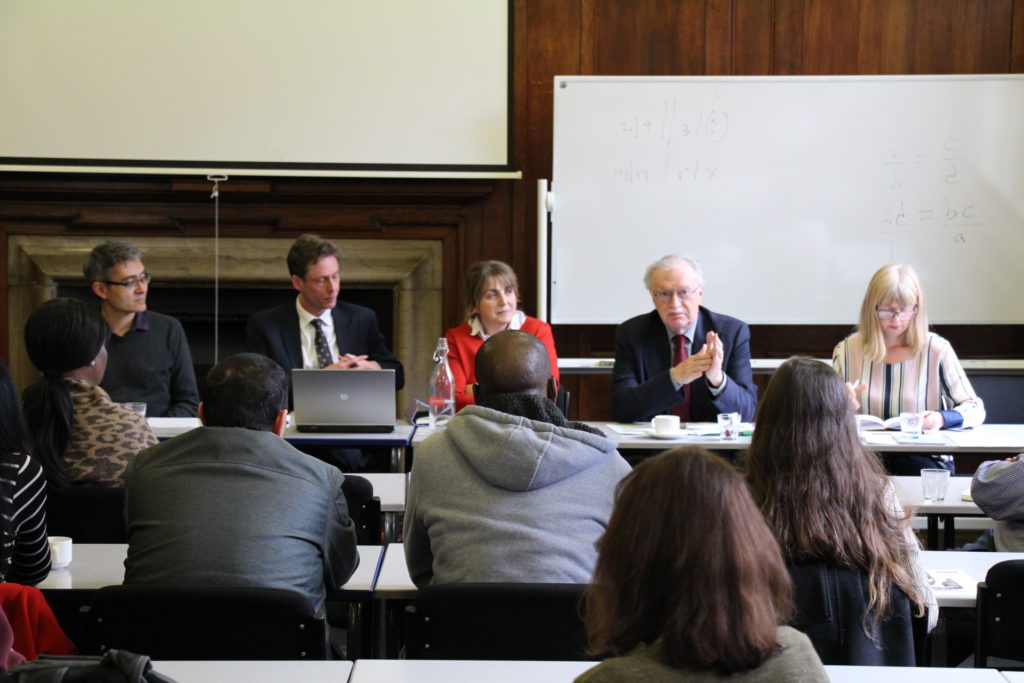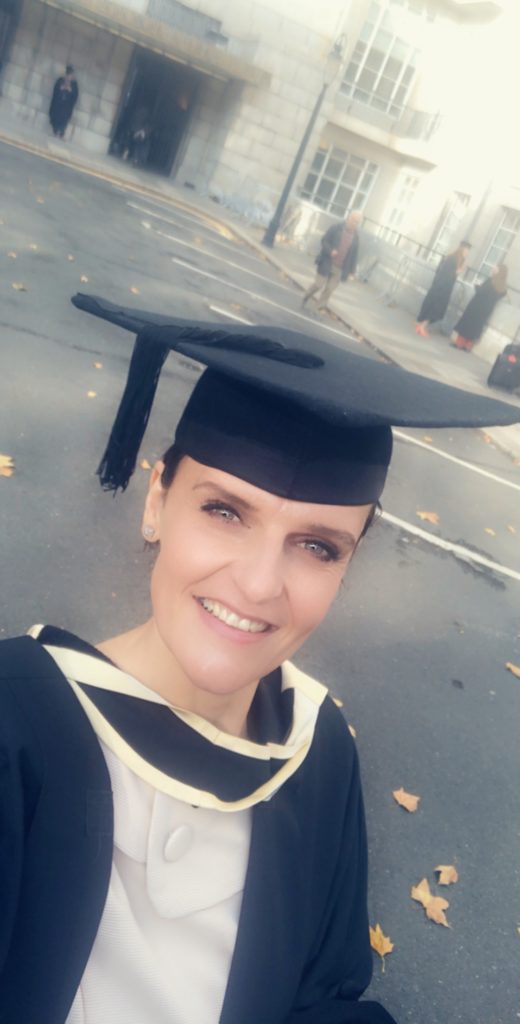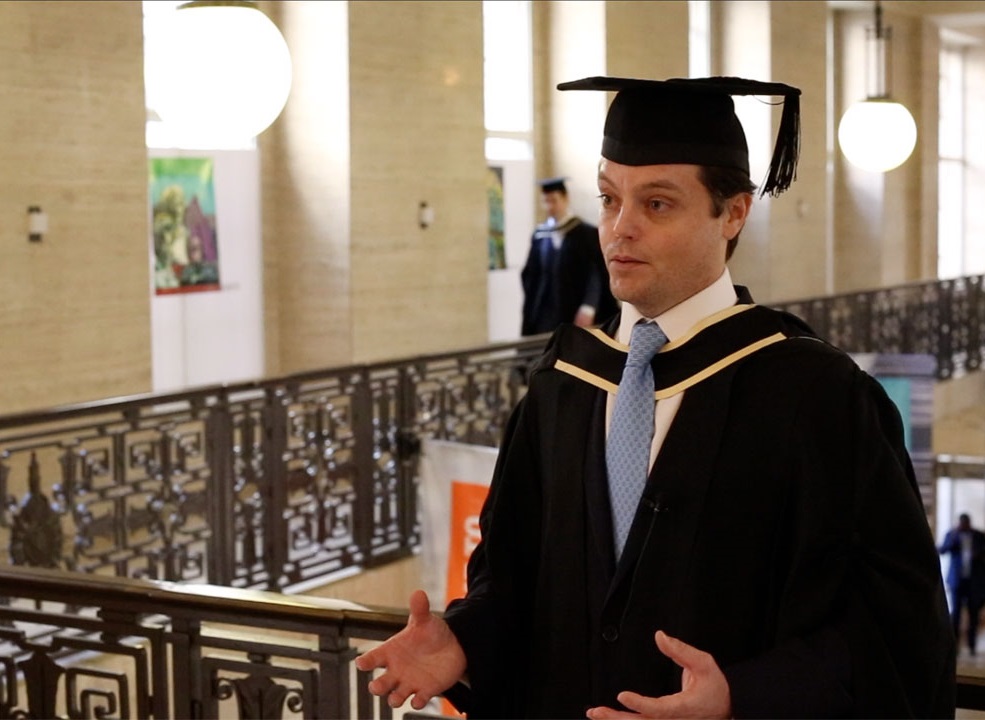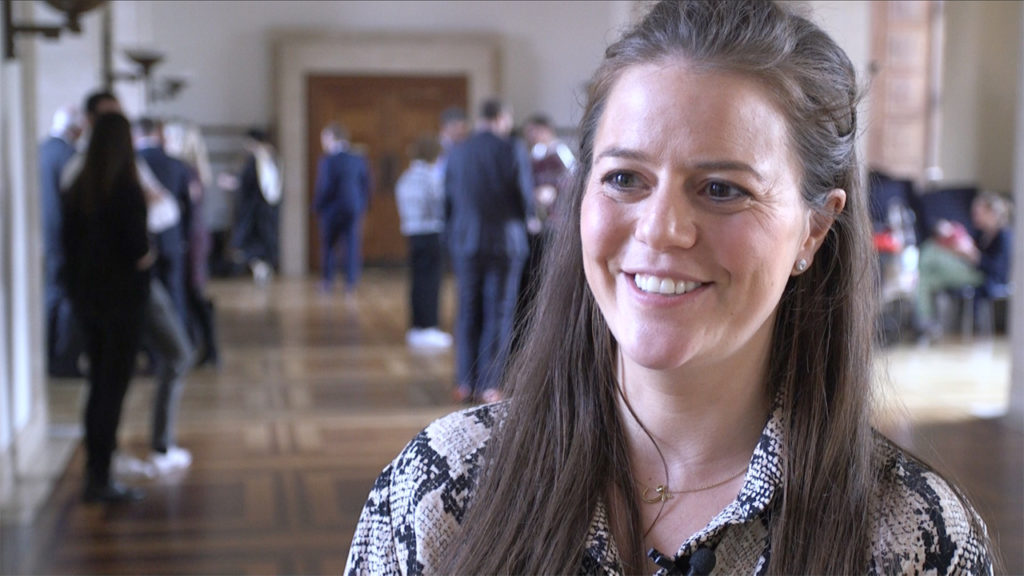Organised by the Centre for Innovation Management Research, this panel event explored how universities and businesses can build mutually beneficial partnerships from an international perspective.
On Wednesday 19 February, Birkbeck’s Centre for Innovation Management Research was proud to welcome academics and consultants alike to a guest seminar led by Professor Helen Lawton Smith and chaired by Dr Renos Savva.
The title of the discussion was Challenges and Opportunities for University-Business Co-Creation, with Adrian Day, Dr Federica Rossi, Professor Tomasz Mroczkowski and Evelyn Wilson each bringing their individual expertise to the panel.
Throughout this fascinating event, each panellist outlined their view of the ever-changing relationship between universities and private enterprise. With a focus on international perspectives; from Japan to Sweden, the US and the UK, attendees were encouraged to outline their experience of joint ventures. Moreover, in discussing the dichotomy between government policy and evolving attitudes towards innovation, the role of today’s universities was brought into the debate.
In looking to the future, this event sought to compare the varying attitudes towards university-business co-creation, with an aim to building new and sustainable partnerships throughout the academic and entrepreneurial spheres.
Thank you to everyone who attended and made this event such a success!
- Dr Renos Savva, a Senior Lecturer in Biological Sciences at Birkbeck, and co-founder of the Birkbeck-UCL-ICR start-up, Domainex Ltd., which is now an established biotech sector SME based in the Cambridge area.
- Adrian Day has spent over 15 years working at the interface between academia and the economy, covering all aspects from design of data systems to providing direct advice to the Minister for Universities.
- Dr Federica Rossi is Senior Lecturer in Business Economics at Birkbeck.
- Dr Tomasz Mroczkowski, American University, has studied and written about innovation, the management of change, and economic transition for most of his career.
- Evelyn Wilson is a Founder/Director of The Culture Capital Exchange, established in 2011 and was Senior Manager at its previous iteration London Centre for Arts and Cultural Exchange.
Further Information:



